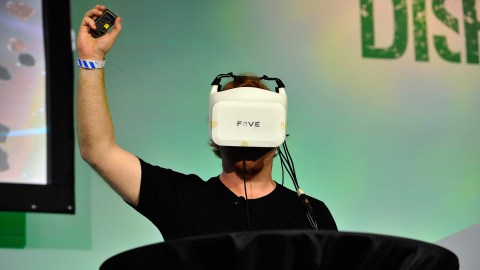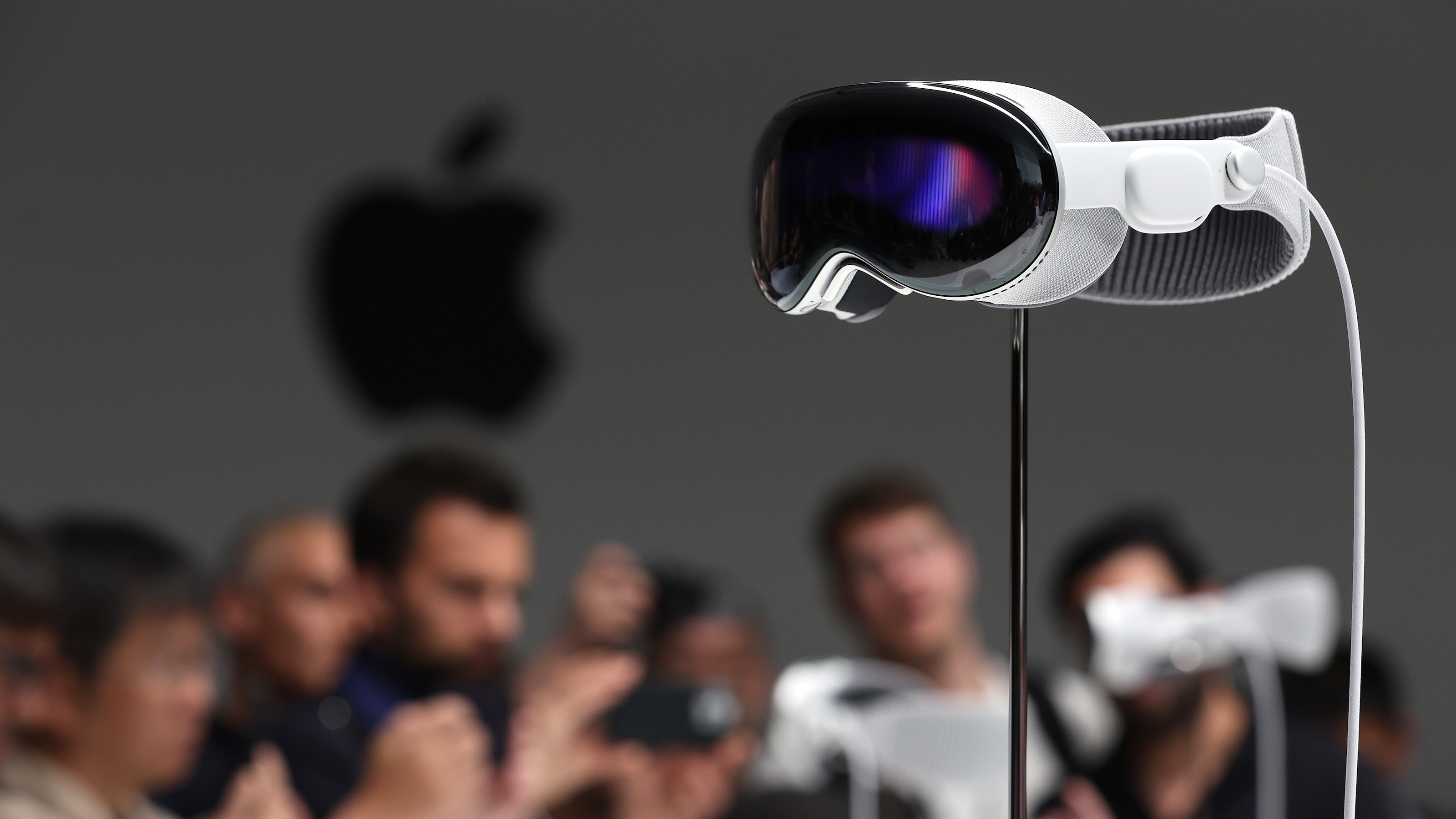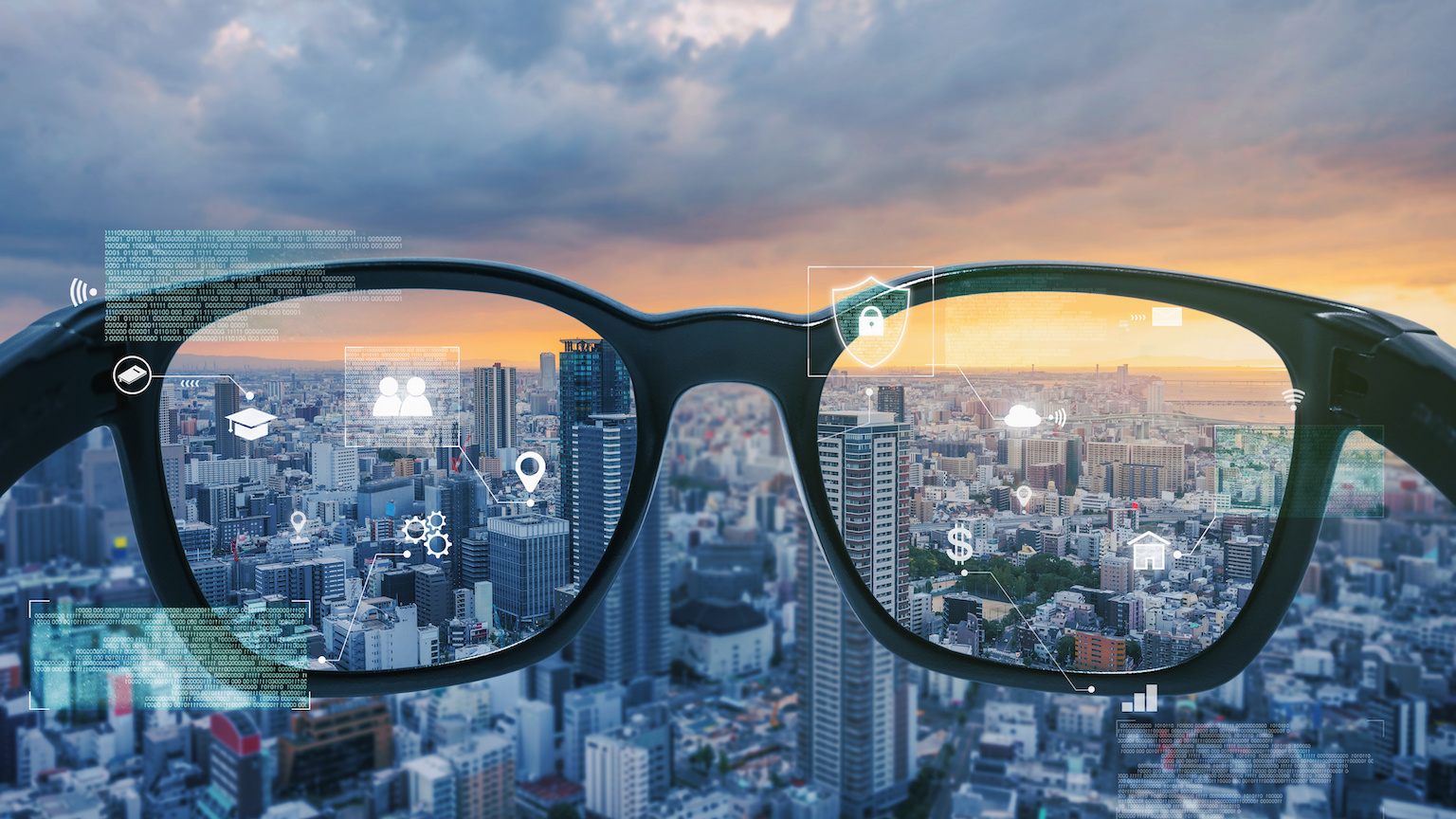Navigate the World Like Iron Man with New Virtual Reality Headset

It’s an exciting time — the graphics and technology are finally at the point where VR can be the immersive experience it was always meant to be. Oculus seems to be positioning itself as the major VR company to beat, especially after its partnership with Microsoft.
However, a competitor approaches. A new VR startup, Fove, wants to push immersion further. Kickstarter-funded, Fove wants to be the first primarily eye-controlled virtual reality set on the market — no controller necessary.
The tech would use infrared light to track the user’s pupils, letting your gaze linger on a particular part of the screen to enable an action. Simon Parkin of Technology Review writes about his demo experience at E3, and how he became “Iron Man, able to navigate digital menu screens merely by allowing your gaze to linger on a particular button, or Cyclops, capable of firing lasers from your eyes to shoot down alien spaceships.”
Peter Diamandis, chairman and CEO of the X PRIZE Foundation, predicted this growth, saying that virtual reality as an innovation is ready to take the leap.
Parkin says the developers at Fove have much grander plans than this. Fove co-founder Lochlainn Wilson pointed out an issue with in-game character’s looking at you.
He explained:
“From an immersion point of view, if you deal with VR characters that are completely unaware of your gaze, it creates an unnatural, even unnerving experience. We can bridge that uncanny barrier.”
Wilson is even thinking beyond video games and to the kinds of applications this technology could have for people with autism or Asperger’s. The first time the developers tested this tech, he said they “were able to quantify their eye contact and eye-avoidance rates.” Only time will tell which VR headset the market will favor.
Read more at Technology Review.
Photo Credit: Steve Jennings/Getty Images





